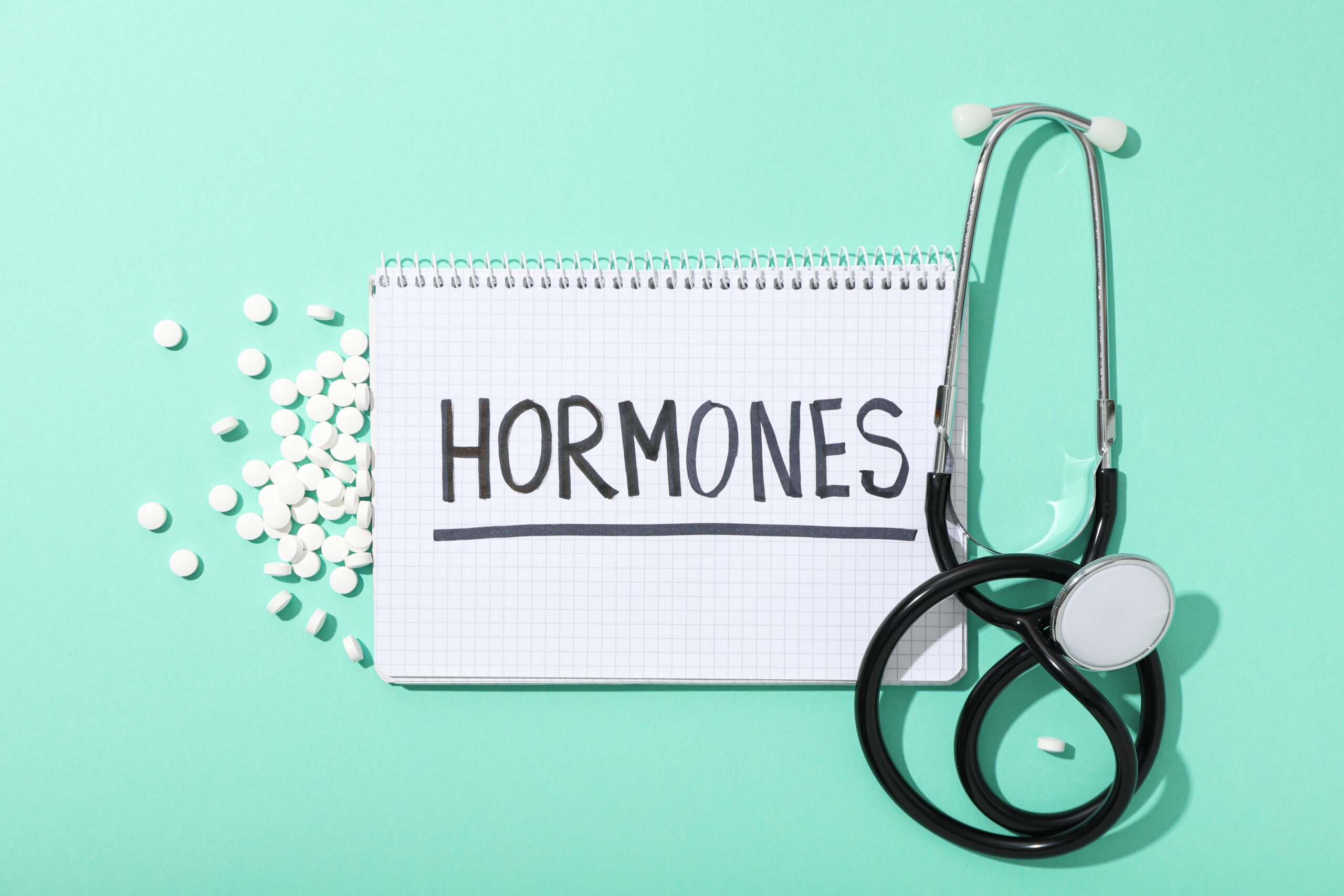When you’re on the journey to growing your family, questions about fertility can feel heavy, especially when it involves sperm count and quality. Many people find themselves wondering: Is there something I can do to improve this? The answer is yes—there are steps you can take that may help. It’s important to approach this with an open mind. Know that we’re here with you every step of the way, offering our guidance, understanding, and support.
Sperm count refers to the number of sperm present in a given sample. Whereas, sperm quality focuses on their shape (morphology) and ability to move (motility). Improving both aspects can increase the likelihood of conception. The World Health Organization (WHO) defines a healthy sperm count as more than 15 million sperm per milliliter of semen. But, it’s not just about numbers—healthy sperm that can swim well and reach an egg play a crucial role too.
Lifestyle choices play an important role in improving sperm count and quality. One of the simplest places to start is by looking at everyday habits. A balanced diet, antioxidants like vitamins C and E, zinc, and folic acid, can make a huge difference. Think leafy greens, nuts, berries, and lean proteins like fish or chicken. Including foods like these can improve sperm health by reducing oxidative stress. It is a factor that can damage sperm DNA. A study in Human Reproduction Update found that a diet rich in antioxidants improves sperm motility and quality.
Exercise also plays a vital role, but balance is key. Regular, moderate physical activity can boost testosterone levels, which supports sperm production. Excessive exercise or long periods of cycling can overheat the testicles, causing issues. This can impact sperm production.
The pressure to conceive can add stress, and stress can, in turn, affect sperm health. Reducing stress can be tough. But unwinding through meditation, hobbies, or time with loved ones can help. Prioritizing restful sleep is equally crucial. Studies have shown that poor sleep patterns can lead to lower sperm concentration. Aim for around 7-8 hours of quality sleep to support your health and fertility.
Habits like smoking, excessive alcohol, and drug use affects sperm count and quality. Studies shows that smoking decreases sperm motility and can cause abnormal sperm shape. Limiting alcohol intake and avoiding recreational drugs can support a healthier reproductive system. It’s also a good idea to consult with a doctor if you take prescription medications. As some might interfere with sperm production.
For those looking for an extra boost, supplements can be a part of the plan. Studies suggest CoQ10, omega-3 fatty acids, and vitamin D may improve sperm health. CoQ10 is recognized for supporting cellular energy, which can enhance sperm motility. It’s important to consult a healthcare provider before starting any new supplement regimen. This helps to ensure it’s safe and effective for your needs.
If you’ve been trying to conceive for over a year without success, it is time to speak with a fertility specialist. They can help assess situations and suggest treatments that fit your unique needs. For example, hormone therapy or assisted reproductive techniques like in-vitro fertilization (IVF). Remember, reaching out for help doesn’t mean you’ve failed. It’s a step forward in understanding your options and making informed decisions.
FAQs:
- How long does it take for lifestyle changes to impact sperm health?
Typically, it takes about 2-3 months for lifestyle changes to reflect in sperm health, as this is the time it takes for sperm to fully mature.
- Does caffeine intake affect sperm count?
Moderate caffeine consumption is generally considered safe, but excessive caffeine (more than 3-4 cups a day) has been associated with decreased sperm quality in some studies.
- Are there specific foods to avoid to improve sperm quality?
Processed meats, high-fat dairy, and foods high in trans fats can have a negative effect on sperm health. Reducing these and opting for whole, nutrient-rich foods can be beneficial.
- Does age affect male fertility?
Yes, age can impact male fertility. While men can produce sperm throughout their lives, sperm quality may decline after the age of 40, making it harder to achieve pregnancy.





